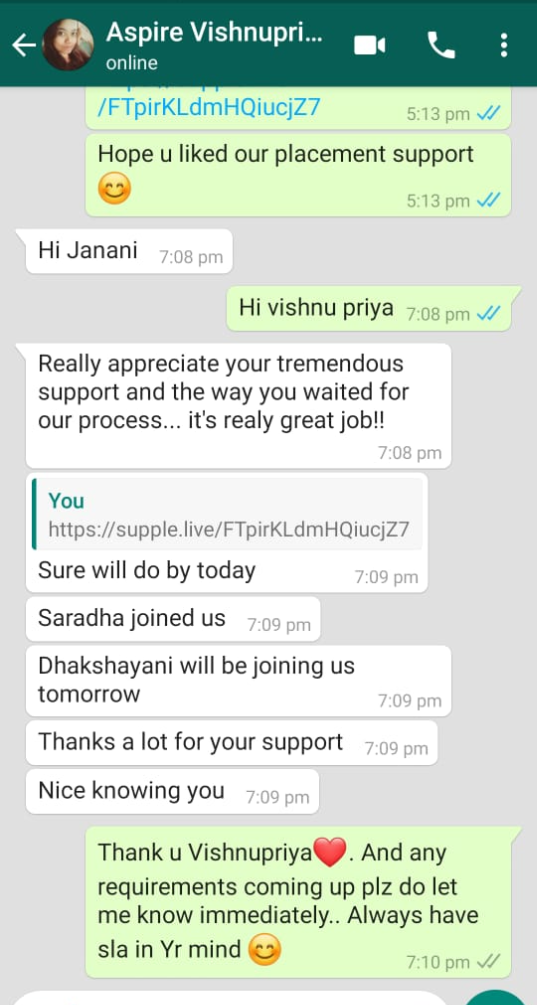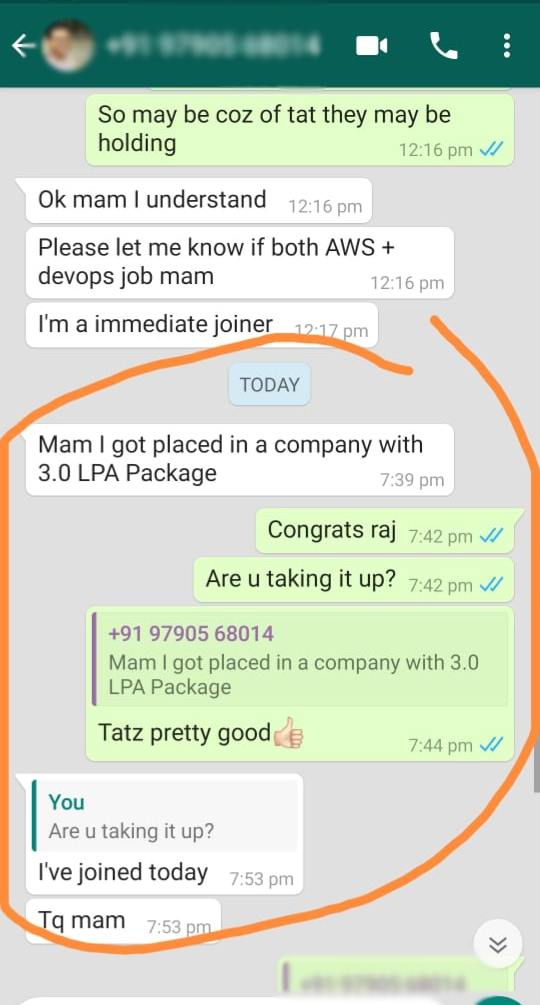Training Pattern Details
- Industry-Aligned Curriculum:
Get trained through a structured Programming Languages curriculum, covering foundational concepts, advanced coding techniques, software design, debugging, and application development—aligned with real-world industry needs. - Recorded Sessions & Notes :
Receive class recordings and detailed notes after every session. Review key programming concepts—syntax, algorithms, and problem-solving—anytime, ensuring you never miss an important detail. Perfect for self-paced revision and practice. - Hands-on Exercises & Projects :
Practice with coding challenges, algorithm problems, and mini-projects in languages like C, C++, Java, and Python. Work on real-world applications such as file handling tools, data analysis scripts, chat systems, and enterprise apps, building confidence to code independently. - Comprehensive Study Materials :
Access topic-wise notes, e-books, reference guides, and language documentation, available in both soft copy and hard copy formats. Materials are designed to strengthen theoretical understanding, practical coding ability, and interview preparation. - Career Preparation & Support :
Prepare for roles in software engineering, web development, data science, and system programming through mock interviews, coding test preparation, resume-building workshops, and expert mentorship. - End-to-End Project Exposure :
Gain hands-on experience by building complete applications, from algorithm design and database integration to testing and deployment. Learn the entire software lifecycle—problem analysis, coding, debugging, optimization, and final delivery.




































































